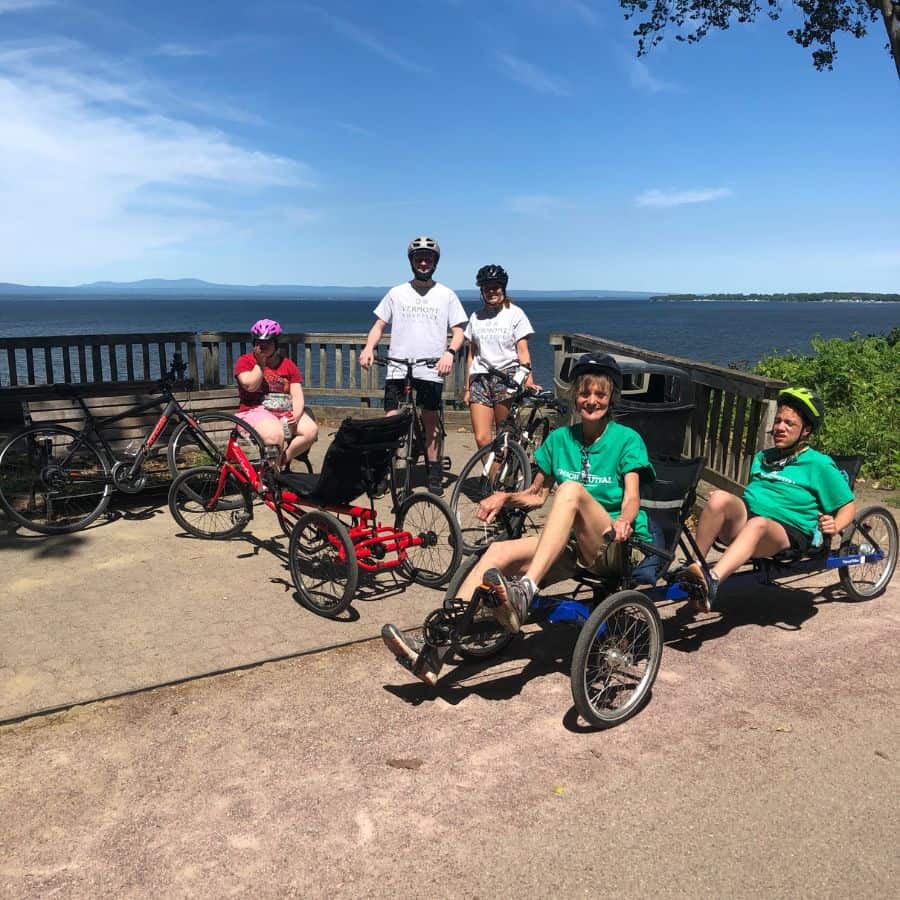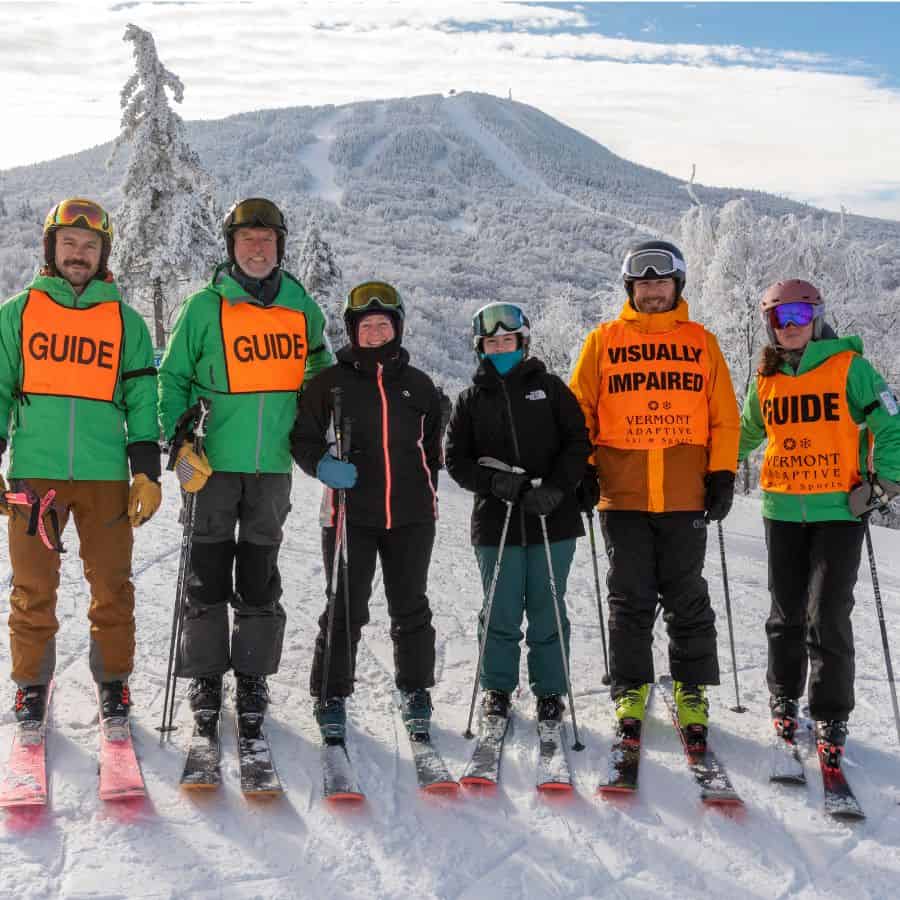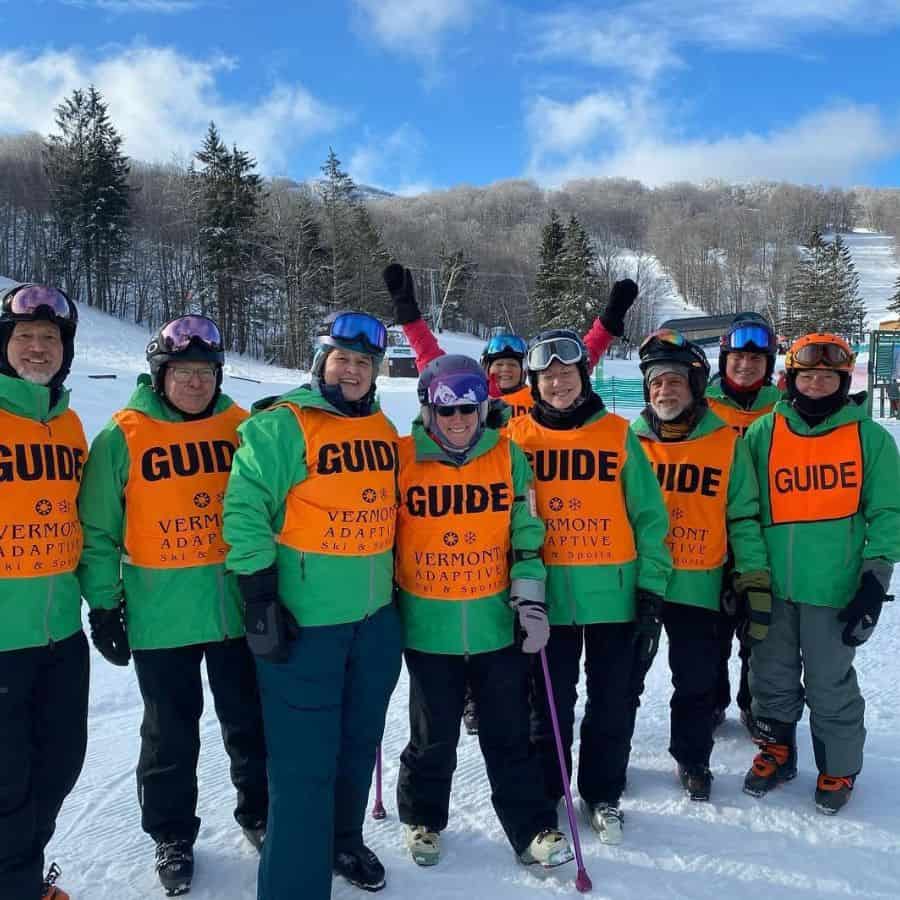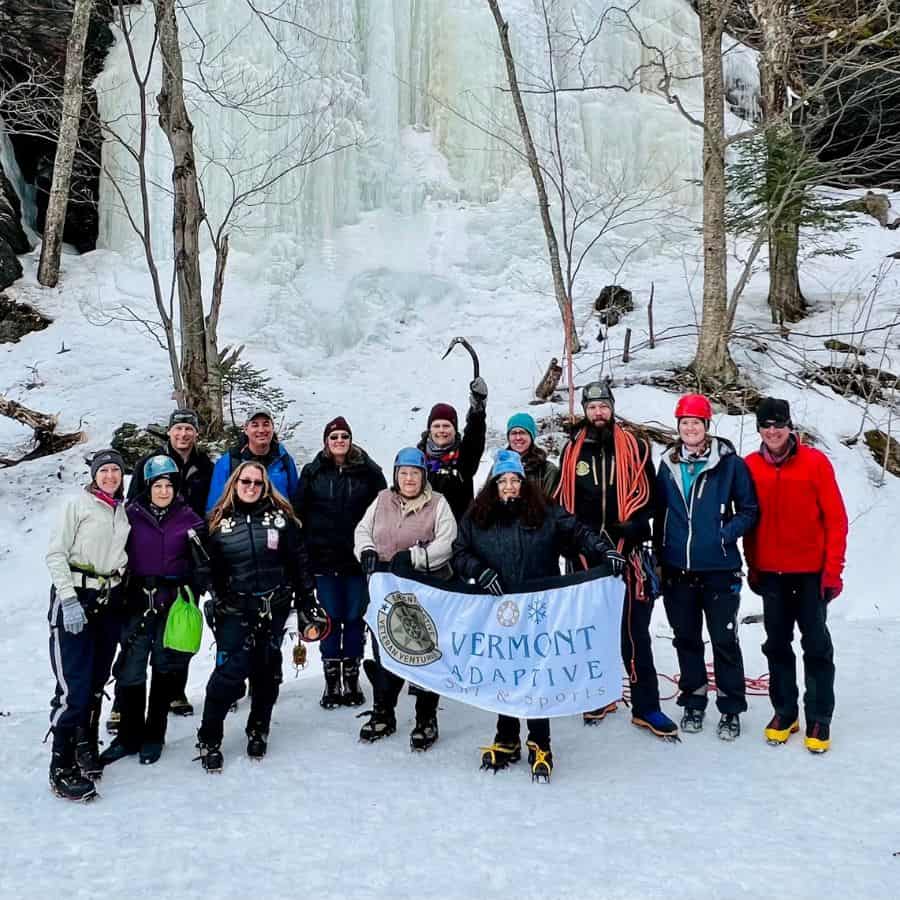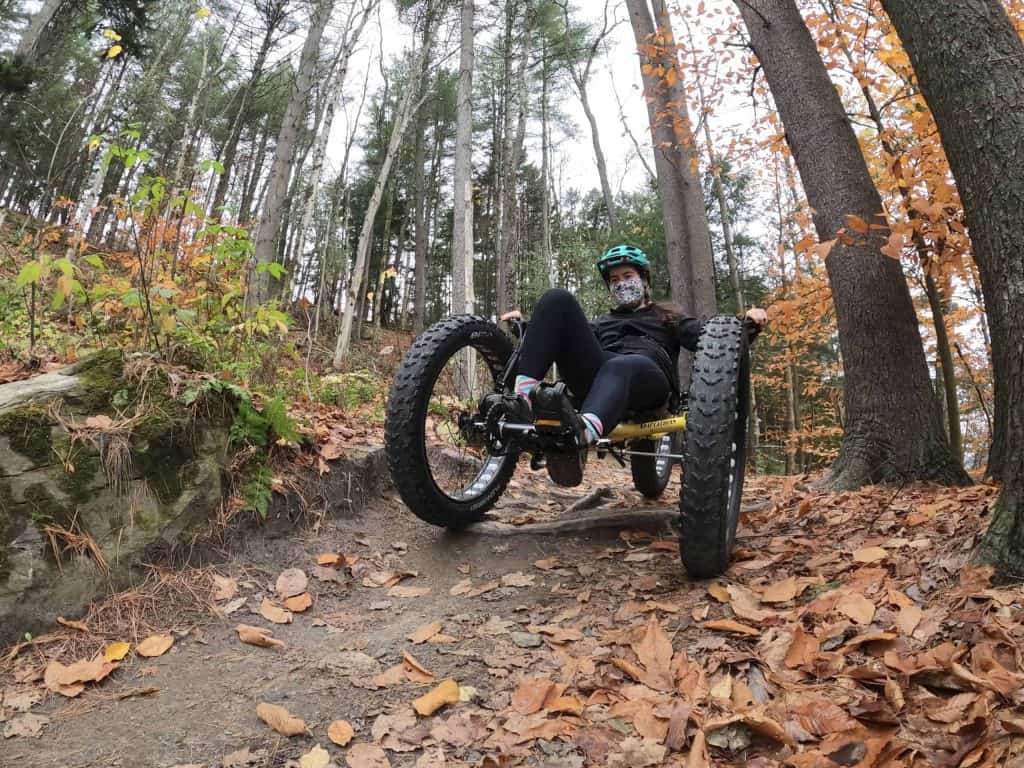This summer and fall, Vermont Adaptive collaborated with Stowe Trail Partnerships, the Killington Mountain Bike Club, Slate Valley Trails, the Burlington Bike Park Coalition, and Millstone Trails Association to assess existing trail networks and determine what modifications and new builds could be done to ensure trails are inclusive and user-friendly for over-sized adaptive mountain bikes. Building off Vermont Adaptive’s work on the trails with Millstone last fall, Millstone kept their momentum going this year by adding accessible parking spots/bathrooms to ensure access to the trails right out the car door.
Vermont Adaptive will launch winter fat biking in 2021 and has other trail network partners lined up for Summer 2021 advocacy.
“Biking deep into the woods or pedaling on a gravel or unpaved bike path are not accessible for everyone,” said Jeff Alexander, director of strategic partnerships and business development at Vermont Adaptive. “We’re explaining to those who do ride about the differences that come with an adaptive mountain bike as compared to a two-wheel bike. It’s the physics of motion of our equipment that’s different. Our bikes roll differently and have a different center of gravity. Tire size is unique. For trail builders, considering off-cambered turns and the width of bridges and trails is important to make those trails inclusive of adaptive sports equipment. We want everybody to be able to soak in the freedom and outdoor exploration that mountain biking offers.”
Alexander and the program staff worked alongside executive directors and premiere trail builders in the state to evaluate different trails in order to enhance them for adaptive mountain bike use. Vermont Adaptive maintains a traveling mountain bike program, where multiple vehicles transport adaptive mountain bikes and gear into communities to serve adaptive athletes. The team brought this program to these organizations so they could try the bikes first-hand, feel and learn about the differences of an adaptive mountain bike, ultimately giving trail builders and their organizations new knowledge on how to build better trail networks for adaptive athletes, beginner riders and those new to the sport.
“Slate Valley Trails (SVT) is very excited about providing inclusive trails to a diverse user group in and around Poultney,” said Andy Vermilyea, president of the board of directors of Slate Valley Trails. “SVT also learned more about how to effectively accommodate adaptive mountain bikes on existing and future SVT trails through a site visit with Vermont Adaptive this summer. This eye opening, new knowledge allows us to have a better understanding of the requirements for adaptive cyclists on the trail and how sometimes a few adjustments can make some of our trails much more accessible. We are looking forward to collaborating on some adaptive friendly retrofits (widening Bumper Cars/Merry-go-Round in a couple spots), a resurfacing project (Poultney River Rail Trail), and building a new trail off Grove’s Way all with adaptive bikes in mind. We hope these projects will aid in providing new and exciting opportunities for adaptive athletes.”
Vermont Adaptive’s adaptive mountain biking program began in 2017, one of the first in the East, and has grown ever since. Multiple trail locations, outings and events are planned for all level mountain bikers each year. Vermont Adaptive owns three different types of adaptive mountain bikes from ReActive Adaptations; The Nuke, The Bomber and The Stinger as well as adaptive fat bikes. These custom hand cycles are crafted in the mountains of Crested Butte, Colo. Made specifically for rocky terrain, these unique hand cycles are designed for adaptive riders to cruise down the trails smoothly. These highly adjustable bikes are ideal for individuals with Spinal Cord Injuries, Amputations or Limb Differences, or Balance and Motor Skill Disabilities. Traditional two-wheel mountain bikes are also a part of the fleet of equipment so that anyone of any ability can ride. The traveling mountain bike program includes three mountain bike fleets, multiple vehicles, trailers, and haulers to bring adaptive mountain biking to communities across the state.
“Stowe Trails Partnership is thrilled to work with Vermont Adaptive to provide access to recreational opportunities for people of all abilities,” said Rachel Fussell, executive director for Stowe Trails Partnership. “We are grateful for the support from Vermont Adaptive to help us plan and create our first naturally surfaced adaptive loop in Stowe. STP is proud to be part of a statewide initiative that connects more people to the outdoors and offer trails that will be inclusive of riders with disabilities and nonconventional mountain bikes so everyone, regardless of ability, can enjoy Stowe’s recreational opportunities and find solace in the outdoors.”
To learn more about Vermont Adaptive’s programs, visit www.vermontadaptive.org.


